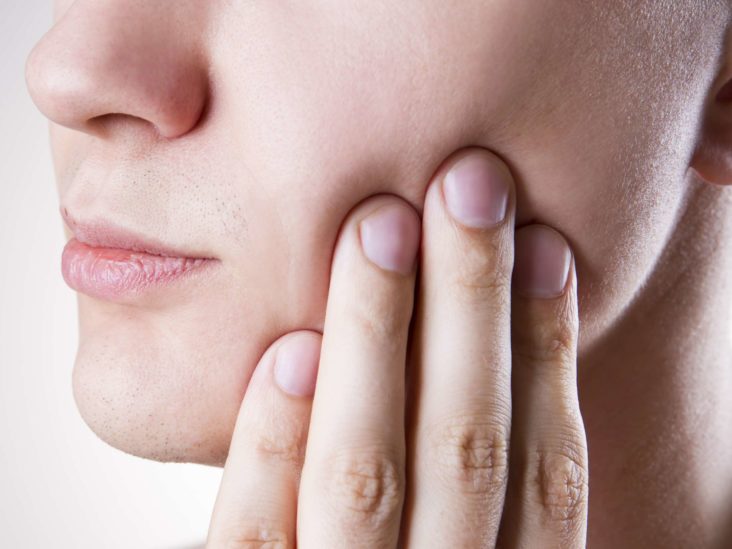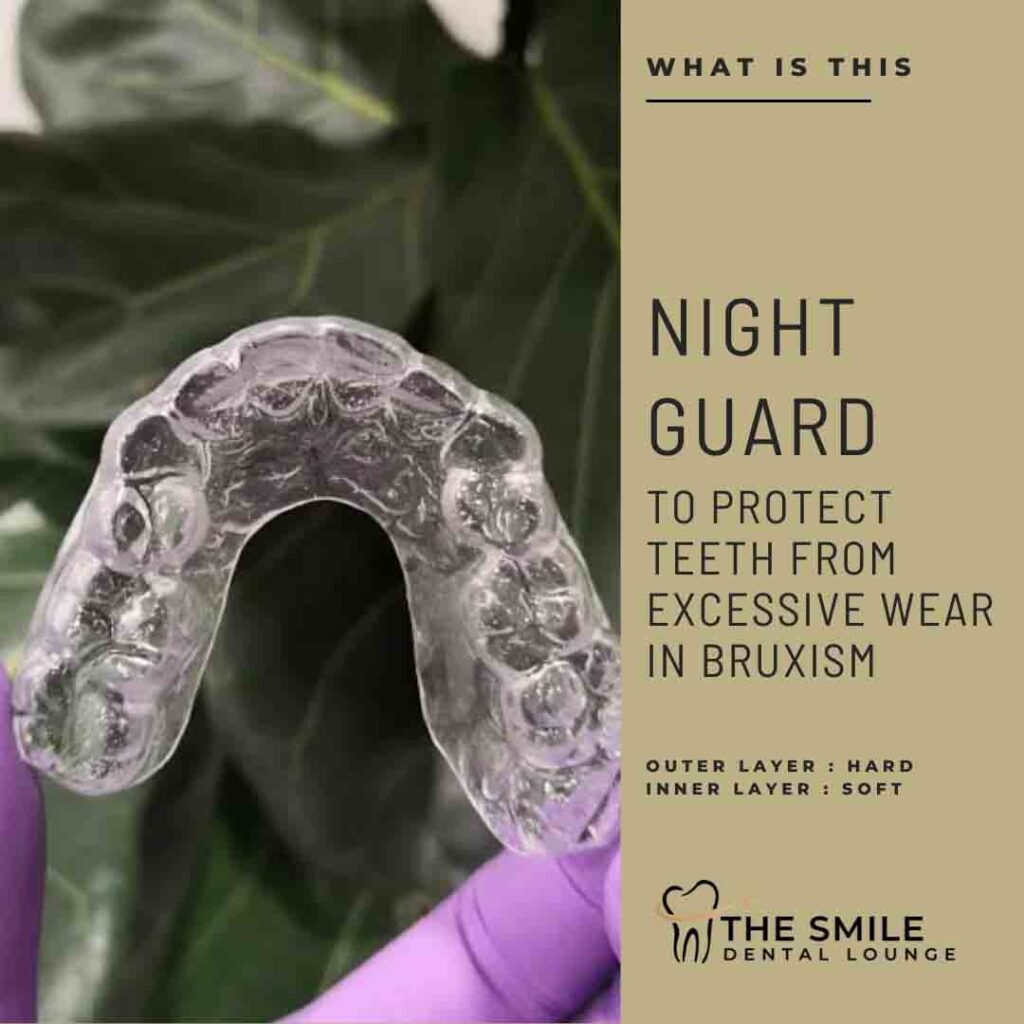Bruxism and Mouthguard
First of all, teeth grinding, also known as bruxism is a common dental problem in which an individual clenches and grinds his teeth especially during sleep. Indeed, the prevalence of bruxism has been reported between 8% to 31.4% of the population1. Therefore, many people may have this problem but not aware of it until being told by dentist, roommates or family members. In this article, we will also discuss about the use of mouthguard in teeth grinding.

Cause of bruxism
Although the exact cause of bruxism is not clear but it was commonly accepted that it is related to stress and anxiety. However, recent studies suggest that sleep bruxism is secondary to sleep-related micro-arousals or sleep-related movement disorder. In other words, this is defined by a rise in autonomic cardiac and respiratory activity that tends to be repeated 8-14 times per hour of sleep. Interestingly, bruxism is common in young children but it usually goes away by adulthood.
Risk Factors
These factors can increase your risk to bruxism
- Stress
- Age
- Personality type
- Medications
- Smoking, alcohol and caffeine
- Family history
- Parkinson’s disease, sleep apnea, ADHD.
Diagnosis
According to International Classification of Sleep Disorder, bruxism at night is diagnosed based on presence of :
- Teeth grinding noise during sleep AND
- Excessive tooth wear OR
- Transient morning jaw muscle fatigue/ temporal headache/ jaw locking on awakening
Consequences of Bruxism
Fortunately, occasional teeth grinding usually do not cause serious harm. But when it occurs on a regular basis, it can damage teeth and surrounding structures.
- Excessive tooth wear
- Chipping/fracture of teeth/fillings/crowns/veneers
- Headache
- Temporomandibular joint disorder (TMJ syndrome
Treatments
Unfortunately, there is no absolute cure for bruxism at the moment. Therefore, some physicians might use muscle relaxant medication, botox injection, stress management and relaxation training to ease the symptoms.
Meanwhile, dentist may prescribe mouthguard for patient with teeth grinding to protect teeth, muscle and jaw joints from the damage caused by bruxism. This simple and effective oral appliance is custom made from durable soft/hard/dual plastic material to ensure optimum fitting and comfort. The fact is the mouthguard itself does not stop the grinding. The goal is rather to reduce grinding noise and protect teeth/dental restorations from detrimental forces.

Use and Care of Mouthguard
- Brush and floss your teeth before wearing nightguard during sleep.
- Rinse the nightguard with cold water.
- If necessary, clean with soft toothbrush and soapy water (Do not use abrasive toothpaste)
- Soak and disinfect mouthguard using compatible effervescent cleanser tablet (Eg. Retainer brite or Polident Retainer Cleanser)
- Check your mouthguard regularly for wear and tear. If damaged or perforated, please replace it.
- Bring your mouthguard when visiting dentist. Adjustment might be required if new filling is placed.
Dental Clinic | Johor Bahru
References
- E. Winocur, N. Uziel, T. Lisha, C. Goldsmith, and I. Eli, “Self-reported bruxism—associations with perceived stress, motivation for control, dental anxiety and gagging,” Journal of Oral Rehabilitation, vol. 38, no. 1, pp. 3–11, 2011.
